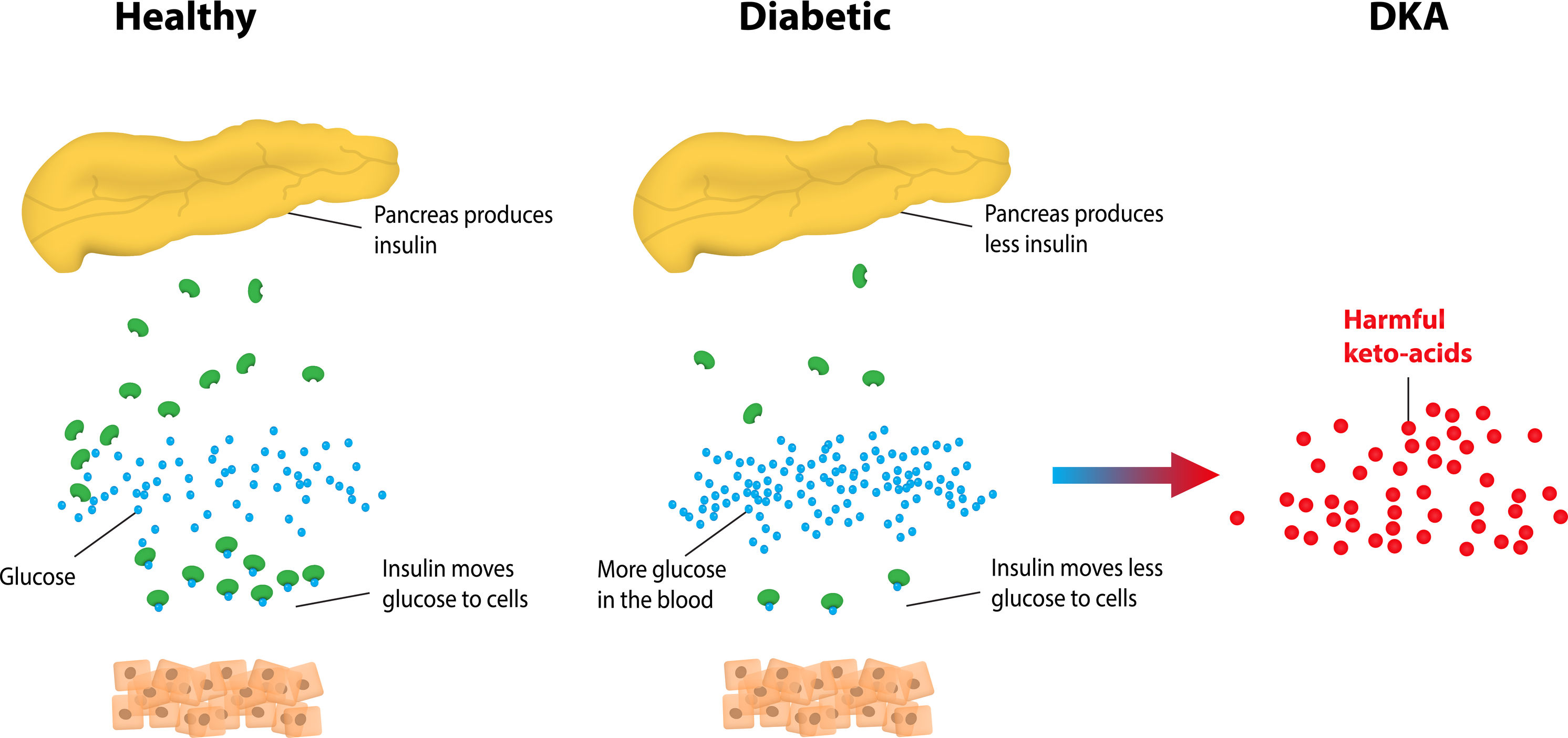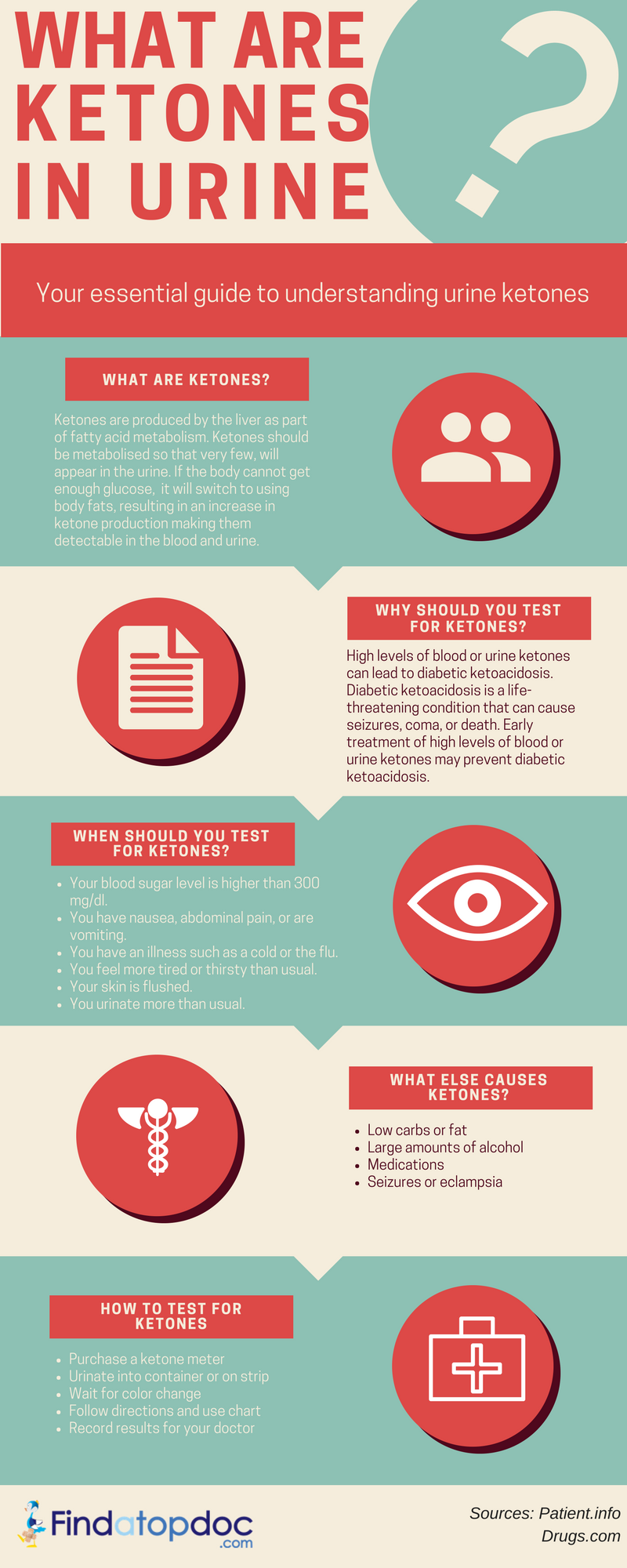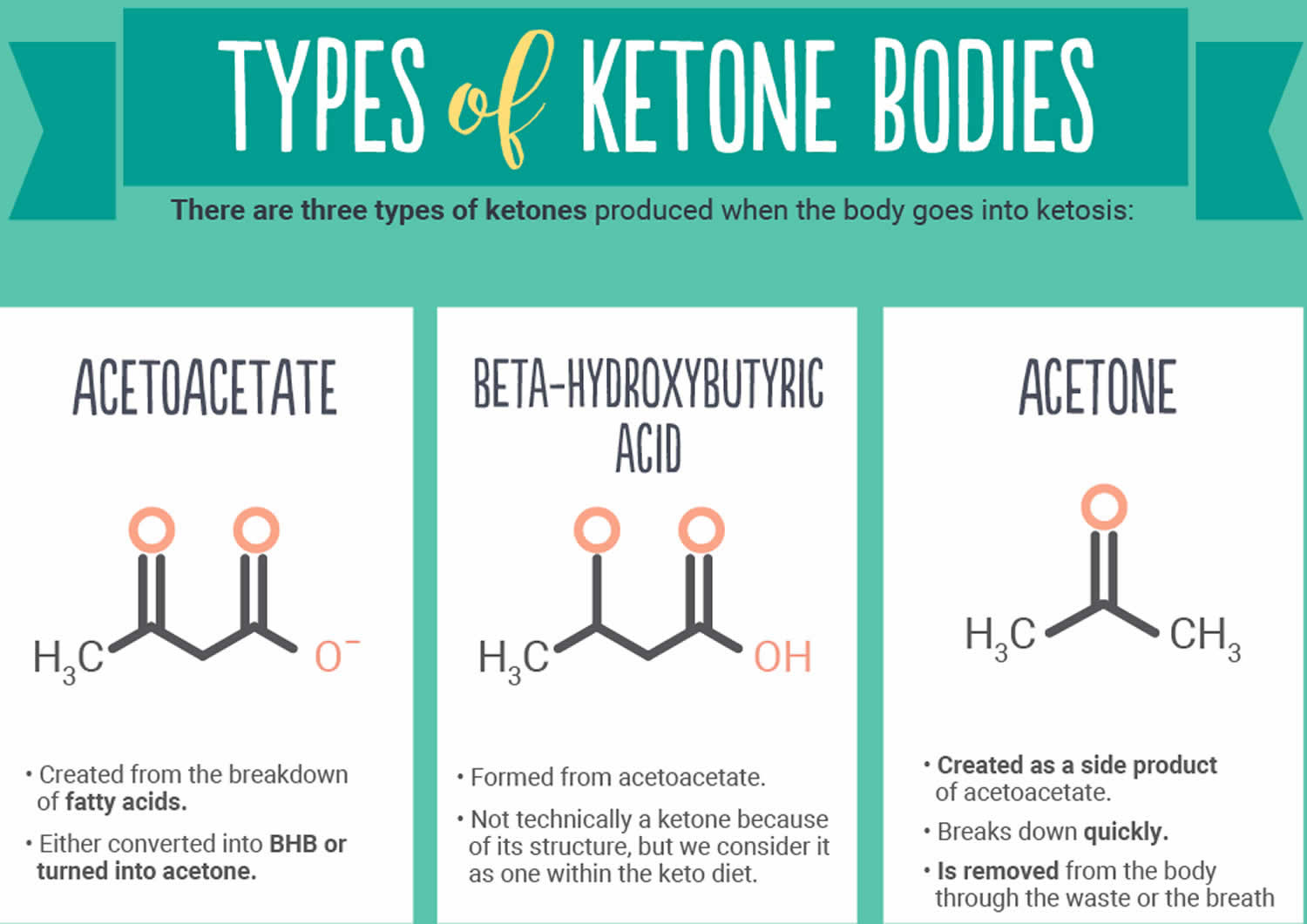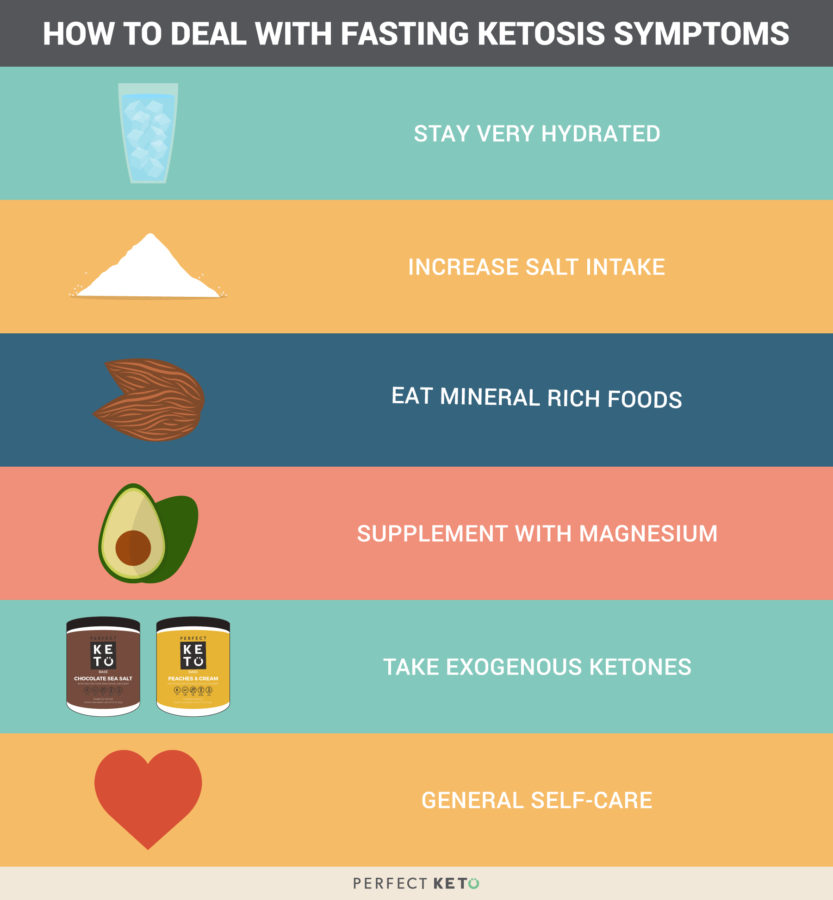what are the symptoms of ketones Trace ketones in urine test: how to interpret the results
Ketoacidosis is a medical condition that occurs when there is an excessive build-up of ketones in the bloodstream. Ketones are byproducts of fat metabolism and are normally used as an energy source when glucose levels are low. However, when there is an insufficient amount of insulin in the body, the body begins to break down fat cells for energy, leading to an excessive production of ketones. This can lead to a potentially life-threatening condition called ketoacidosis.
Ketoacidosis: A Closer Look
 When the body lacks insulin, the cells are unable to utilize glucose as an energy source. As a result, the body starts breaking down fat cells to provide energy. This breakdown releases ketones into the bloodstream, causing its levels to rise. In normal circumstances, the body can process and eliminate ketones efficiently. However, in ketoacidosis, the excess ketones overwhelm the body’s capacity to remove them, leading to acidosis.
When the body lacks insulin, the cells are unable to utilize glucose as an energy source. As a result, the body starts breaking down fat cells to provide energy. This breakdown releases ketones into the bloodstream, causing its levels to rise. In normal circumstances, the body can process and eliminate ketones efficiently. However, in ketoacidosis, the excess ketones overwhelm the body’s capacity to remove them, leading to acidosis.
Causes of Ketoacidosis
There are various factors that can contribute to the development of ketoacidosis. One common cause is poorly managed diabetes, particularly in individuals with type 1 diabetes. Inadequate insulin administration or missed insulin doses can result in uncontrolled blood glucose levels, triggering the production of ketones. Additionally, infections, such as urinary tract infections or pneumonia, can also lead to ketoacidosis by increasing the body’s demand for insulin.
Recognizing the Symptoms
It is important to be aware of the symptoms of ketoacidosis, as prompt medical attention is crucial. Symptoms may include frequent urination, excessive thirst and hunger, fatigue, nausea, vomiting, abdominal pain, fruity breath odor, and confusion. If you notice any of these signs, it is important to seek immediate medical assistance.
Diagnosing and Treating Ketoacidosis
To diagnose ketoacidosis, healthcare professionals will perform a series of tests, including blood glucose, ketone level, and blood pH measurements. Once diagnosed, treatment must be initiated promptly. The primary goal is to restore fluid and electrolyte balance while correcting the underlying cause. Intravenous fluids and insulin administration are usually necessary to lower blood glucose levels and eliminate ketones from the system.
 Ketones in Urine: Causes, Diagnosis, and Treatment
Ketones in Urine: Causes, Diagnosis, and Treatment
The presence of ketones in urine is another indicator of ketoacidosis. Ketones are water-soluble compounds that can be detected through urine tests. This test is frequently used in individuals with diabetes to monitor their overall health and blood glucose control. It is important not to overlook the presence of ketones in urine, as it can be an early warning sign of diabetic ketoacidosis.
Preventing Ketoacidosis
To prevent ketoacidosis, it is crucial for individuals with diabetes to manage their blood glucose levels diligently. A close partnership with healthcare professionals, including regular check-ups and medication adjustments, is paramount. Monitoring blood glucose levels regularly, adhering to prescribed insulin or medication regimens, and maintaining a healthy lifestyle can significantly reduce the risk of developing ketoacidosis.
Conclusion
Ketoacidosis is a serious medical condition that can occur in individuals with uncontrolled diabetes. It is essential to recognize the symptoms and seek prompt medical attention if ketoacidosis is suspected. By diligently managing blood glucose levels, adhering to prescribed medication regimens, and maintaining a healthy lifestyle, individuals with diabetes can reduce the risk of developing this potentially life-threatening condition.
If you are searching about Ketones in Urine: Causes, Diagnosis, and Treatment | FindATopDoc you’ve visit to the right page. We have 5 Pics about Ketones in Urine: Causes, Diagnosis, and Treatment | FindATopDoc like Trace Ketones in Urine Test: How to Interpret the Results - Diabetic.org, What are ketones, ketones in urine causes and ketones in blood causes and also What are ketones, ketones in urine causes and ketones in blood causes. Here it is:
Ketones In Urine: Causes, Diagnosis, And Treatment | FindATopDoc
 www.findatopdoc.comketones urine ketone bodies causes normal levels presence findatopdoc ketoacidosis abnormal symptoms treatment
www.findatopdoc.comketones urine ketone bodies causes normal levels presence findatopdoc ketoacidosis abnormal symptoms treatment
Trace Ketones In Urine Test: How To Interpret The Results - Diabetic.org
/ketones-in-urine-symptoms-5179208_final-01-0096a91f465b4caca7a8503897eeb6d9.jpg) www.diabetic.orgWhat Are Ketones, Ketones In Urine Causes And Ketones In Blood Causes
www.diabetic.orgWhat Are Ketones, Ketones In Urine Causes And Ketones In Blood Causes
 healthjade.netketones ketone bodies acetone bhb ketogenic acetoacetate hydroxybutyrate urine human metabolism breath hydroxybutyric salts ketosis ketoacidosis fatty tissues liver perfectketo
healthjade.netketones ketone bodies acetone bhb ketogenic acetoacetate hydroxybutyrate urine human metabolism breath hydroxybutyric salts ketosis ketoacidosis fatty tissues liver perfectketo
Fasting Ketosis Symptoms: Common Side Effects - Perfect Keto Exogenous
 www.perfectketo.comfasting ketosis postman carb unable ketones hydrated
www.perfectketo.comfasting ketosis postman carb unable ketones hydrated
Ketoacidosis
 diseasesandconditions.netketoacidosis diabetes dka diabetic type ketones understanding blood definition symptoms pathophysiology ketogenic diet complications ketosis keytones live fever risks sugar
diseasesandconditions.netketoacidosis diabetes dka diabetic type ketones understanding blood definition symptoms pathophysiology ketogenic diet complications ketosis keytones live fever risks sugar
Fasting ketosis postman carb unable ketones hydrated. Ketones urine ketone bodies causes normal levels presence findatopdoc ketoacidosis abnormal symptoms treatment. Ketoacidosis diabetes dka diabetic type ketones understanding blood definition symptoms pathophysiology ketogenic diet complications ketosis keytones live fever risks sugar